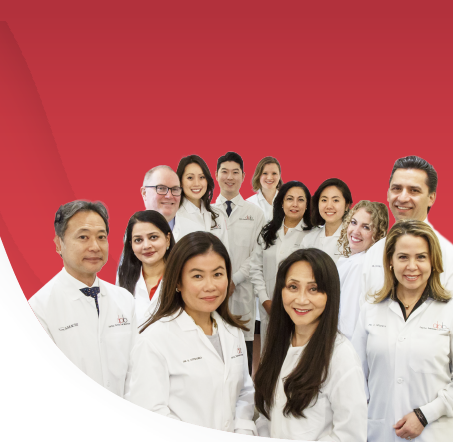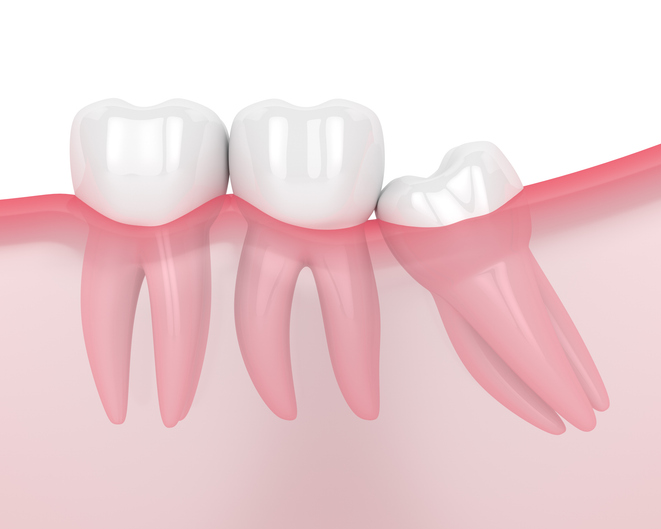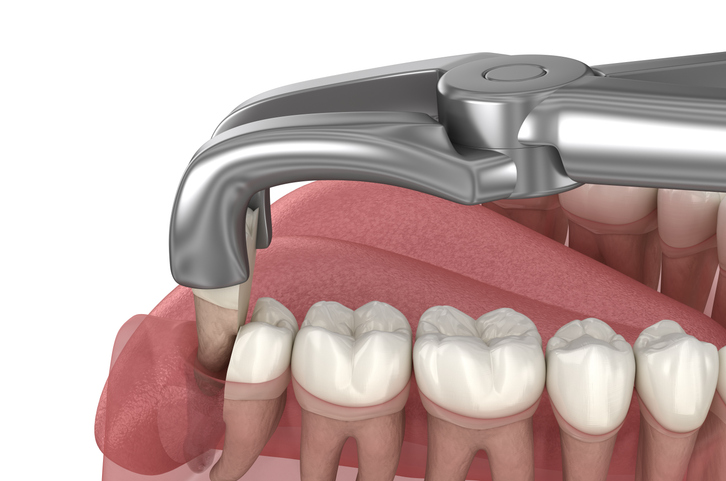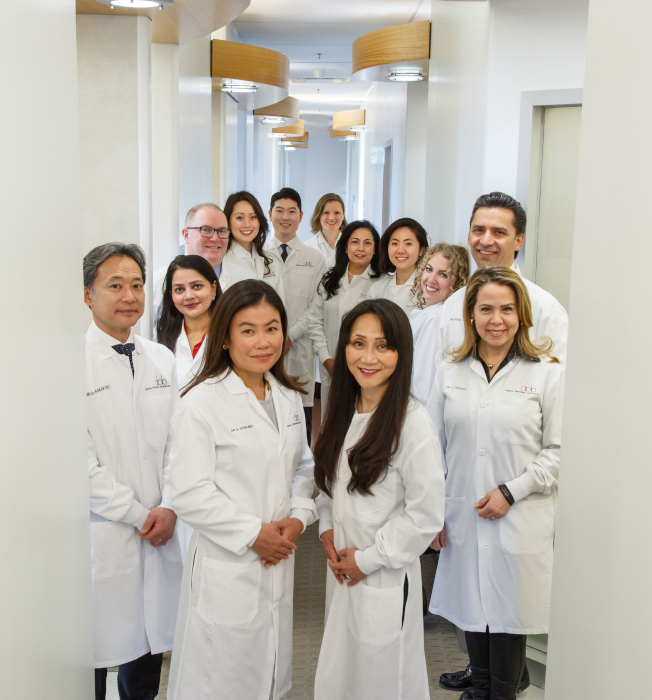

Wisdom Teeth
Removal In Boston
Is It Necessary to Remove Wisdom Teeth?
Removing wisdom teeth isn’t always necessary. If they’re causing pain, crowding, infection, or gum disease—especially when impacted, partially erupted, or hard to clean—extraction may be recommended to prevent complications and protect your overall oral health. However, if your wisdom teeth are fully erupted, healthy, and not causing problems, removal might not be needed. We’ll assess your specific situation with an exam and X-rays to determine the best course of action
WHY CHOOSE US
- Award winning-dentists
- In practice for over 50 years
- 3 convenient locations
We are all committed to excellence and exceeding the expectations of our patients.
We are a group of award-winning dentists that covers a full range of specialties.


JOIN our
Dental Partners of Boston
Prevention Program
It’s a benefit you can’t
afford to miss.
No Deductibles
| No Yearly Maximums
| No Waiting Periods
We are a group of award-winning dentists who cover a full range of specialties.


When Should Wisdom Teeth Be Removed?


Impacted wisdom teeth do not always cause symptoms. Many can hide under the gum for years without you even realizing they’re there. However, here are some signs that you should visit your dentist at dpb.
- You’re experiencing jaw pain
- You have chronic bad breath with no discernible source
- The gum at the back of your mouth is red and swollen
- Your gums bleed or are tender to the touch
- You have an unpleasant taste in your mouth
- You struggle to open your mouth
When wisdom teeth become infected, the surrounding area becomes inflamed as the body’s immune system activates in the area. The swelling is designed to protect the surrounding tissue and kill off the infection, but it often causes pain. It’s not uncommon for the infected site to exude pus, leaving a foul taste in your mouth. It may also be painful and difficult for you to open your jaw because of the extent of swelling around the gum and surrounding jaw muscles.
Prevention Between Ages 17 and 25
The third molars typically appear between the ages of 17 and 25. In many cases, it’s a good idea to extract them as a preventative measure for good dental health. By removing the third molars before they fully emerge, you can avoid painful and costly issues.
Insufficient jaw space may prevent some wisdom teeth from fully emerging, resulting in impaction. This can cause swelling, pain, and infection. Alternatively, wisdom teeth may erupt at an angle, creating a gum flap that traps food particles and leads to severe gum disease, swelling, and infection.
If left untreated, infection or impaction can cause bone loss in the surrounding jaw. Therefore, it is essential to address these issues promptly.


Do you need wisdom teeth removed?
Wisdom teeth are removed under anesthesia within 30-60 minutes, and recovery typically takes only a few days to a week. Schedule an appointment today.
How Are Wisdom Teeth Extracted?
Third molar extraction involves an anesthetic. Unlike removing teeth from other parts of the mouth, extracting your back molars can be more complicated due to being partially covered by the gum. The jawbone itself can also pose challenges during extraction.
To ensure patients’ comfort during the procedure, most wisdom teeth extractions are carried out with the help of sedation dentistry. If you have any questions or concerns about sedation, please speak with our dental team. We are happy to provide answers and address any concerns before your procedure.
The Procedure


The procedure is typically performed by a dentist or an oral surgeon and generally takes around 30-60 minutes to complete.
Here are the steps involved in wisdom teeth removal:
- Anesthesia: The first step in the process is administering anesthesia to numb the tooth and the surrounding gum tissue. The anesthesia can be local, meaning it numbs only the extraction site, or general, which puts the patient to sleep. In most cases, the patient is sedated using general anesthesia.
- Incision: After the anesthesia has taken effect, your dentist makes an incision in the gum tissue to expose the tooth and the surrounding bone.
- Tooth removal: Once the tooth is visible, your dentist uses special instruments to loosen the tooth from the jawbone and remove it from the socket. In some cases, the tooth may need to be divided into smaller pieces to remove it.
- Cleaning and stitching: After the tooth is removed, your dentist cleans the extraction site and removes any debris or bone fragments. They may also place stitches to help the gum tissue heal properly.
- Post-operative care: Your DPB dentist provides post-operative instructions to follow, including how to care for the extraction site and manage any discomfort or swelling. They may also prescribe pain medication or antibiotics, if necessary.
Recovery from wisdom teeth removal typically takes a few days to a week, during which time the patient should avoid strenuous physical activity, smoking, and eating hard or sticky foods. It is also recommended to rest and take it easy for the first 24-48 hours, and to apply ice to the cheek to minimize swelling. Following the instructions provided by the dental professional can help ensure a smooth and speedy recovery.
How We Can Help
Contact us today if you think your wisdom teeth require extraction or if you would like to discuss your options. Our team can assess the condition and recommend an appropriate plan of action. If you’re experiencing discomfort or difficulty opening your mouth, it’s advisable to schedule an appointment with us as soon as possible.
Schedule Appointment


Procedure Doctors


Our Locations
Prudential Center
800 Boylston St., 2nd Floor
Boston, MA 02199
Charles River
50 Staniford Street #303
Boston, MA 02114
Fort Point
46 Farnsworth Street
Boston, MA 02210









